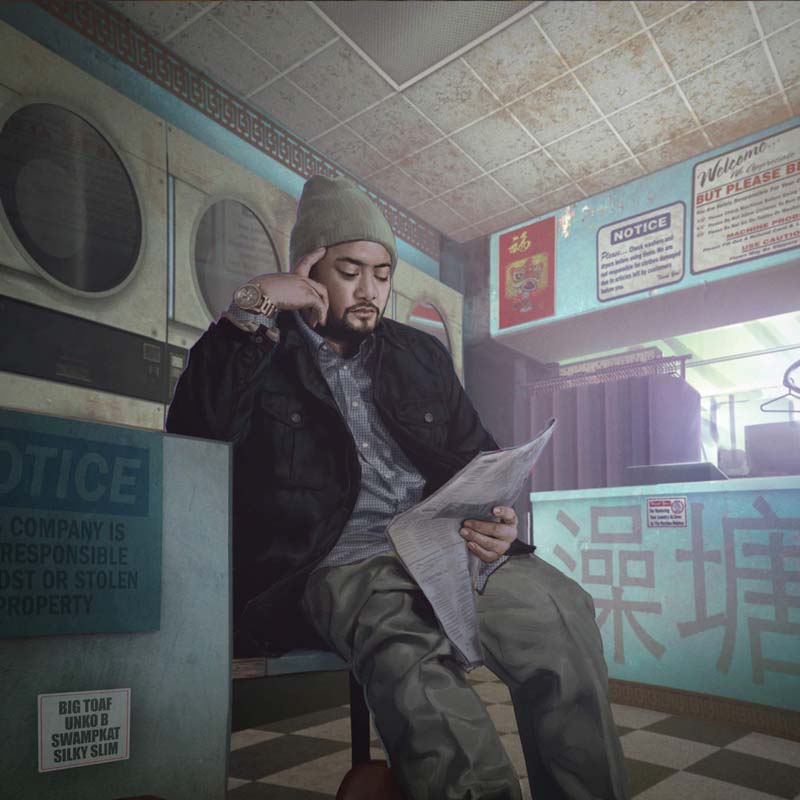J Boog is a rising star in the international reggae scene, most recently lauded with a Grammy nomination of "Best Reggae Album" for his EP, Rose Petals. Born in Compton, California and currently residing in Hawaii, J Boog is a child of a rich trans-Pacific Polynesian reggae scene. Raised in a family rooted in their Samoan identity and filled with reggae music, he found his own powerful voice in the music form, collaborating with reggae legends from Jamaica and the Pacific. His sound is sun-drenched, lush and a bit retro, paying homage to old-school, full-bodied roots reggae in a similar vein to that of young Jamaican star Chronixx. J Boog is signed with the California-based label Wash House, on which he released his remarkable Wash House Ting album last year. Afropop's Sebastian Bouknight caught up with J Boog on the phone just before he stepped into a rehearsal in California:
Sebastian Bouknight: First of all, big up on your Grammy nomination!
J Boog: Thank you, man, thank you very much.
How are you feeling about it?
Well, I’m really excited about it, man. We didn’t even know anything about it, you know what I mean? Then, when we got nominated, we were just in awe – excited, happy and all those crazy feelings running through your mind, you know?
So how long were working on that album? Though it was the Rose Petals EP that was nominated, right?
Yeah the EP was nominated, but, the album [Wash House Ting], we were working on for about five years.
Oh wow, long time coming!
Yeah man, we’ve been trying to put a lot of stuff together, meeting a lot of people, a lot of producers, and trying to make sure that what we put out was the right thing for us, you know what I mean? Hopefully everybody dug it the same way we did.
Yeah man, I’ve been listening to it on repeat, its really excellent. It’s got a really good sound.
[Laughs] Thank you so much, man.
Yeah. So can you introduce yourself? Who you are and what you do?
Yeah, my name is Jerry Afemata, also known as J Boog, and I’m coming from Compton, California by way of Samoa, Hawaii and all the great South Pacific islands, and I love reggae! [Laughs]
Cool! So, going on that, when you were coming up in Compton, can you tell us a little bit about how reggae found you–or how you found reggae, however you think about it.
Man…I guess I found reggae, you know what I mean? My older sister had a lot of mixtapes–didn’t have any names on them, and we’d always listen to reggae throughout the house–reggae’s huge in Polynesia you know? We’d listen to that stuff growing up in Compton. When I started listening to the lyrics and understanding them, you know, it made me escape, you know? It means that there’s a better thing than the negativity that we were going through. It was an escape. From then on, I was hooked. One of the main artists we were listening to back in the day was Bob Marley, of course. It didn’t hit me though until my sister came home with one sheet of music from [Bob Marley’s] Legend album. She plays piano for church, you know, and she was playing “Jamming” and I came running out of the room like, “what the hell?” I didn’t know that could be done! [Laughs] I was a kid, you know what I mean? I was a kid. It was amazing to me.










